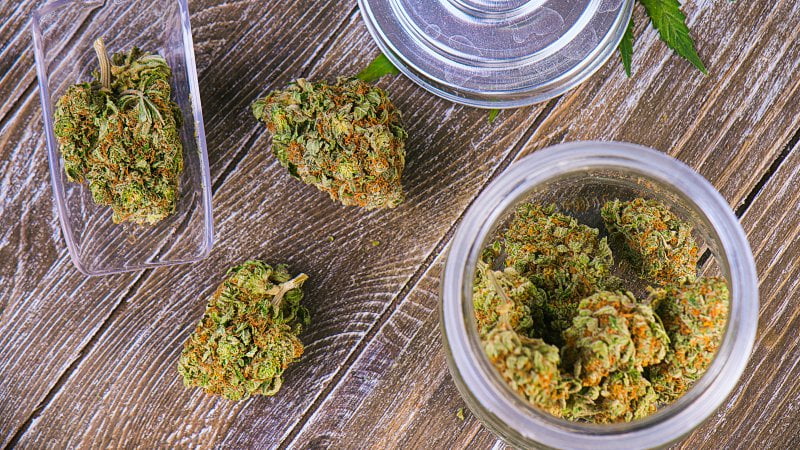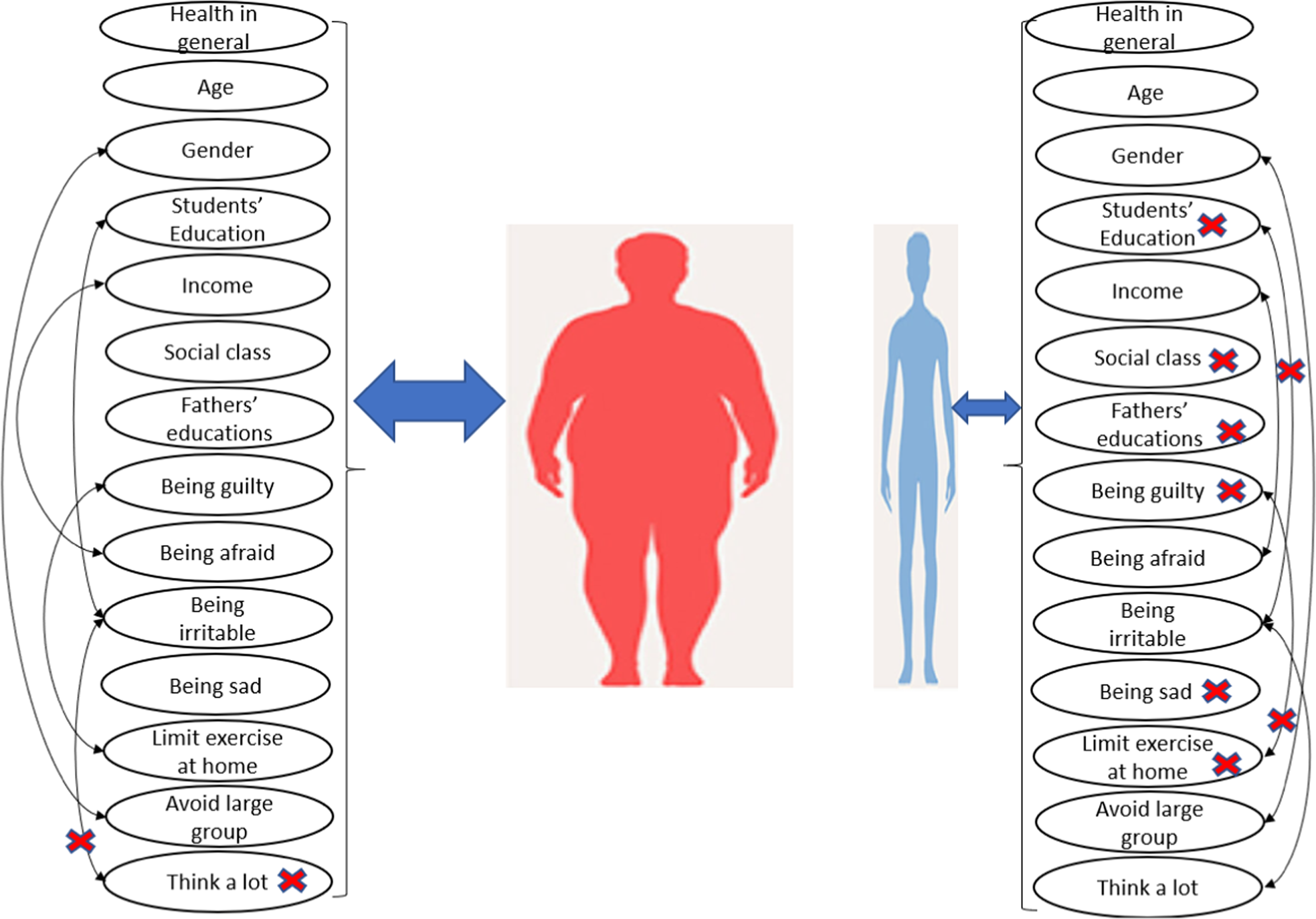
Are you curious about the latest buzz surrounding Delta 8 THC and its potential medical benefits? If so, grab a seat and dive into this D8 Super Store post where we explore some of the most promising research on this fascinating cannabinoid. From pain relief to anxiety management, Delta 8 THC is quickly gaining attention in the medical community as a natural alternative that could help improve our well-being. So let’s cut through the noise and take a closer look at what science has to say about Delta 8 THC’s therapeutic potential!
Table of Contents
What is Delta 8 THC?
Delta 8 THC is a cannabinoid that is similar to Delta 9 THC, the active ingredient in cannabis. Unlike Delta 9 THC, Delta 8 THC is not psychoactive and does not produce the “high” associated with cannabis. However, Delta 8 THC has been shown to have therapeutic effects, including reducing anxiety and improving appetite. Delta 8 THC is also being studied for its potential anti-cancer properties.
The Different Types of Delta 8 THC Products
Delta 8 THC is a potent form of cannabis that has many potential medical benefits. There are different types of Delta 8 THC products available on the market, each with its own unique set of benefits.
Delta 8 THC tinctures are a popular choice for those looking to experience the potential medical benefits of this cannabinoid. Tinctures are typically taken orally, and the active ingredient is absorbed into the bloodstream through the lining of the mouth. This delivery method allows for quick and easy absorption, making it an ideal choice for those who need fast relief from pain or other symptoms.
Delta 8 THC edibles are another popular choice for those seeking the potential medical benefits of this cannabinoid. Edibles are ingested and then metabolized by the body, providing long-lasting relief from symptoms. Edibles are a great option for those who want to avoid smoking or vaporizing cannabis.
Delta 8 THC capsules are yet another way to consume this cannabinoid. Capsules are typically taken orally, just like tinctures. However, capsules take slightly longer to be absorbed into the bloodstream due to having to pass through the digestive system first. This delivery method is ideal for those who want consistent and predictable results from their Delta 8 THC medication.
The Potential Medical Benefits of Delta 8 THC
Delta 8 THC is a cannabinoid that is gaining popularity for its potential medical benefits. While Delta 8 THC is not as well-known as Delta 9 THC, the two cannabinoids are similar in structure and share many of the same properties. Delta 8 THC is said to have a less intense psychoactive effect than Delta 9 THC, making it more appealing to those who want the potential medical benefits of cannabis without the high. Some of the potential medical benefits of Delta 8 THC include:
Analgesic (pain relief) effects
Antiemetic (nausea and vomiting prevention) effects
Stimulation of appetite
Anti-inflammatory effects
Antioxidant effects
Cancer cell growth inhibition
The Different Ways to Use Delta 8 THC

As the legal landscape around cannabis changes, more and more people are becoming interested in its potential medical benefits. Delta 8 THC is one of the many cannabinoids found in cannabis that has shown promise in treating a variety of conditions. Here we will explore some of the different ways that Delta 8 THC can be used to improve your health.
One of the most well-known ways to use Delta 8 THC is to help manage pain. This cannabinoid has been shown to be effective in treating both chronic and acute pain. It works by interacting with the body’s endocannabinoid system, which helps to regulate pain perception.
Delta 8 THC can also be used to help treat anxiety and depression. This is because it has mood-boosting properties that can help to improve your overall sense of well-being. In addition, Delta 8 THC can also help to promote better sleep by reducing anxiety and promoting relaxation.
Another common way to use Delta 8 THC is to help increase appetite. This is especially helpful for those who are dealing with cancer or HIV/AIDS, as these conditions can lead to a significant loss of appetite. Delta 8 THC can help stimulate your appetite so that you can get the nutrients your body needs.
Finally, Delta 8 THC is also being studied for its potential anti-cancer properties. Early studies have shown that this cannabinoid may help to inhibit the growth and spread of cancer cells. More research is needed in this area, but the preliminary results are promising
Are There Any Side Effects?
Yes, there are potential side effects associated with taking Delta THC. These include dry mouth, red eyes, sleepiness, and impaired motor skills. Some people may also experience anxiety or paranoia when taking Delta THC. It is important to start with a low dose and increase gradually as needed to avoid these side effects.
How to Get Started with Delta 8 THC
If you’re looking to try Delta 8 THC, there are a few things you should know before getting started. Here’s a quick guide on how to get started with Delta 8 THC:
1. Understand the effects of Delta 8 THC. Delta 8 THC is a potent cannabinoid that can produce powerful psychoactive effects. It’s important to understand how this cannabinoid can affect you before trying it.
2. Start with a low dose. When trying any new cannabis product, it’s always best to start with a low dose and increase gradually as needed. This will help you avoid any unwanted side effects.
3. Be aware of the law in your state. Delta 8 THC is legal in some states but not others. Make sure you know the law in your state before purchasing or using anyDelta 8 THC products.
4. Choose a reputable source for your Delta 8 THC products. Not allDelta 8 THC products are created equal. Make sure you buy from a reputable source to ensure you’re getting a high-quality product.
Conclusion
With the legalization of hemp-derived products, Delta 8 THC has become increasingly popular. Its potential medical benefits are still being studied, but initial research shows that it could be useful in treating a variety of conditions and providing relief from symptoms such as chronic pain and nausea. Although more extensive studies need to be done in order to understand how Delta 8 THC interacts with the body, we can already see the potential for this compound to provide significant health benefits.


:max_bytes(150000):strip_icc()/hypersexuality-f7219c0faf93488b82402d4f9d20e454.jpg)


